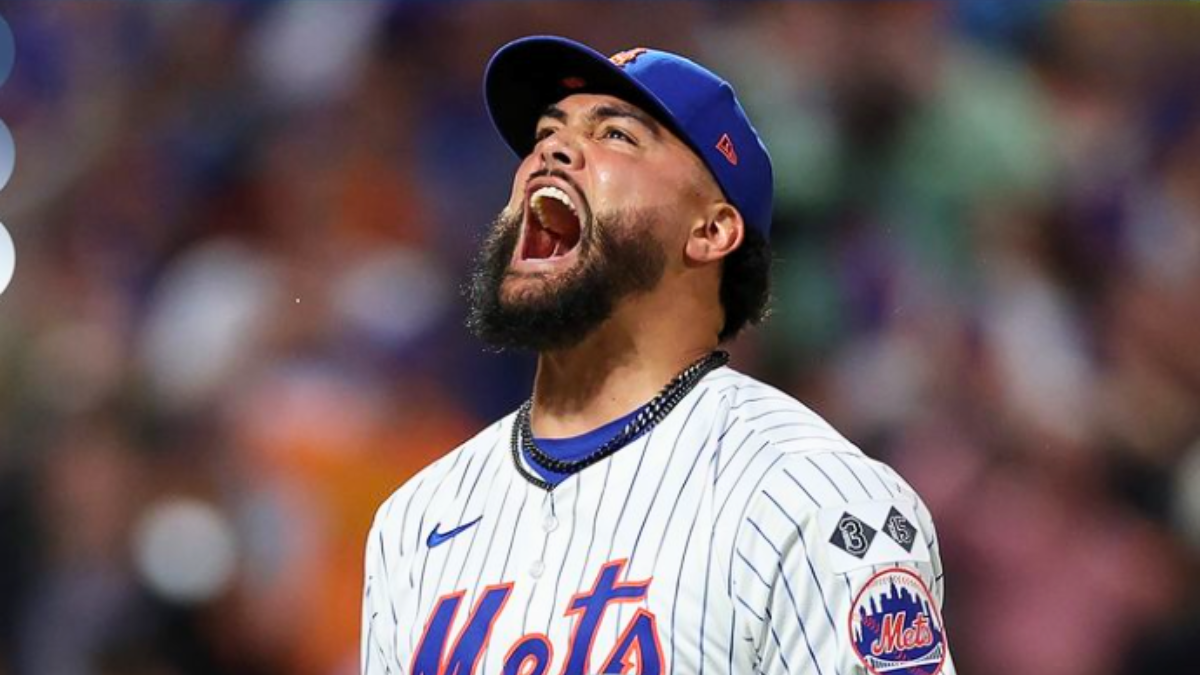In the increasingly diverse landscape of Major League Baseball, San Francisco Giants pitcher Sean Manaea stands out not just for his left-handed delivery, but as one of the few players of Samoan descent in the sport.
Born to Faaloloi, who hails from American Samoa, and Opal, whom his father met while stationed in Indiana after serving in Vietnam, Manaea’s connection to his Polynesian roots has been a journey. Growing up in the small town of Wanatah, Indiana, with its population of barely 1,000, Manaea felt disconnected from his Samoan heritage.
“Not too many Polynesians in Indiana. I never really experienced the culture. But I always wanted to get to know that part of me.”
Upon receiving his $3.55 million signing bonus from the Kansas City Royals in 2013, Manaea’s first priority was booking a trip to American Samoa with his parents. The trip itself was a bit of a trek — a five-hour flight to Honolulu followed by another seven hours across the Pacific — but it was well worth the grueling travel schedule. During this visit, he was able to finally connect with distant relatives for the first time and experienced traditional Samoan cuisine in his father’s childhood home in Lauli’i.
Is Sean Manaea AAPI?
This season, Manaea found an unexpected connection in the Giants’ clubhouse with catcher Blake Sabol, who also shares Samoan heritage. Sabol’s mother, Carmalita Brown-Sabol, recently treated the two players to an authentic Samoan feast during spring training, preparing dishes like sapasuey and fa’alifu talo. The possibility of forming the first Samoan battery in major league history has both players excited.
The representation of Asian Americans and Pacific Islanders in professional sports continues to grow. In the NFL, Buffalo Bills safety Taylor Rapp proudly represents his Chinese American heritage, sporting a sleeve tattoo featuring Chinese symbols and proverbs designed by his grandfather. Rapp, born to a Canadian father and Chinese mother, has become a role model for young Asian Americans in football.
“When you want to play in the big leagues or NFL, you want to look up to an athlete that you can identify with or connect to.”
In golf, Hideki Matsuyama has been breaking barriers for Japanese athletes. His historic Masters Tournament victory in 2021 was celebrated nationwide in Japan, and he continued his success into 2024 with a win at the Genesis Invitational and a bronze medal at the Paris Olympics.
For Manaea, 31, who has secured a spot in the Giants’ pitching rotation, the connection to his culture has only grown stronger over the years. His brother Dane’s military service, following in their father’s footsteps, adds another dynamic to their family’s American Samoan story. In a full circle moment, the pitcher struggled to hold back tears last season when Dane, in his Navy whites, handed him the baseball during Military Appreciation Night in San Diego.
Overall, Manaea and Sabol’s (another Samoan teammate) presence on the field represents more than just athletic achievement. Their shared heritage and potential history-making battery symbolize the growing inclusivity in America’s greatest pastime.
